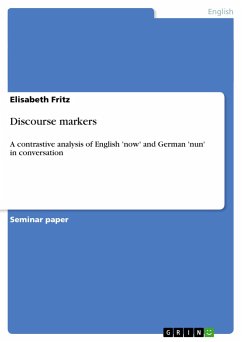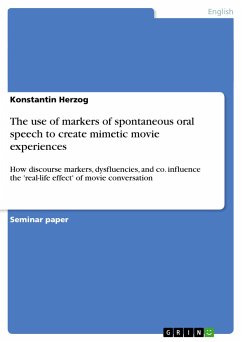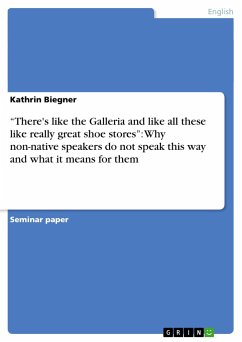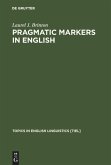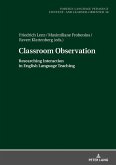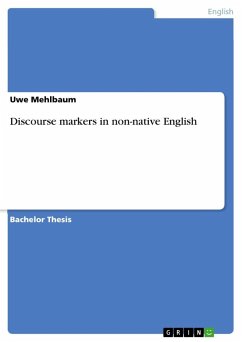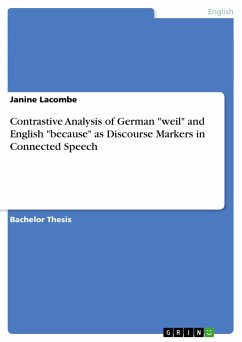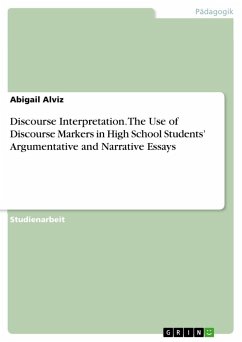Seminar paper from the year 2007 in the subject English Language and Literature Studies - Linguistics, grade: 1,0, University of Augsburg (Lehrstuhl für Englische Sprachwissenschaft), course: Pragmatics and Understanding, language: English, abstract: This paper will deal with the English lexical item 'now' and its German counterpart 'nun'. Its aim is to investigate what functions they can perform in spoken discourse classified as conversation, casting light on the ways they can be used to indicate discourse structures, and to work out similarities and differences between these equivalents from the two languages. This work will focus on 'now' and 'nun' as discourse markers, but will not ignore their original (propositional) meaning and - if applicable - non-propositional meanings besides their function as discourse markers. The analysis of the two items will be based on authentic material: for English, the London-Lund Corpus of Spoken English will be used; the source for instances of German 'nun' will be the Freiburg Corpus (Grundstrukturen: Freiburger Korpus). This paper can only draw on parts of the corpora; consequently, the search has been restricted to two parts of the London-Lund Corpus (cf. chapter 3.1.2.) and those elements of the Freiburg Corpus labelled conversation (cf. chapter 3.2.2.). On the grounds that this material is so limited, the investigation into the different uses of 'now' and 'nun' can only be exemplary and by no means exhaustive.The paper will be structured as follows: the first part is concerned with defining the term discourse marker and classifying discourse marker functions into different types of functions, aiming at a language-independent description. The results will be used as a theoretical basis for the empirical part, which will first deal with English 'now' and then tackle 'nun'. Both of these sections will be organised in the same way: there will first be a language-specific discussion on different (discourse marker and other) functions of the respective lexical item; then criteria for distinguishing the different uses will be established. The second part will briefly demonstrate instances of 'now'/'nun' carrying their propositional meaning - for 'nun', there will also be a chapter on its use as a modal particle - before it concentrates on the two items having discourse marker status; in this section, different functions will be discussed and examples will be given from the respective corpus. As already mentioned, this analysis will have to remain of a merely exemplary kind. Finally, the results from these analyses will be contrasted, working out both differences and similarities between the lexical counterparts in the two languages.
Hinweis: Dieser Artikel kann nur an eine deutsche Lieferadresse ausgeliefert werden.
Hinweis: Dieser Artikel kann nur an eine deutsche Lieferadresse ausgeliefert werden.

